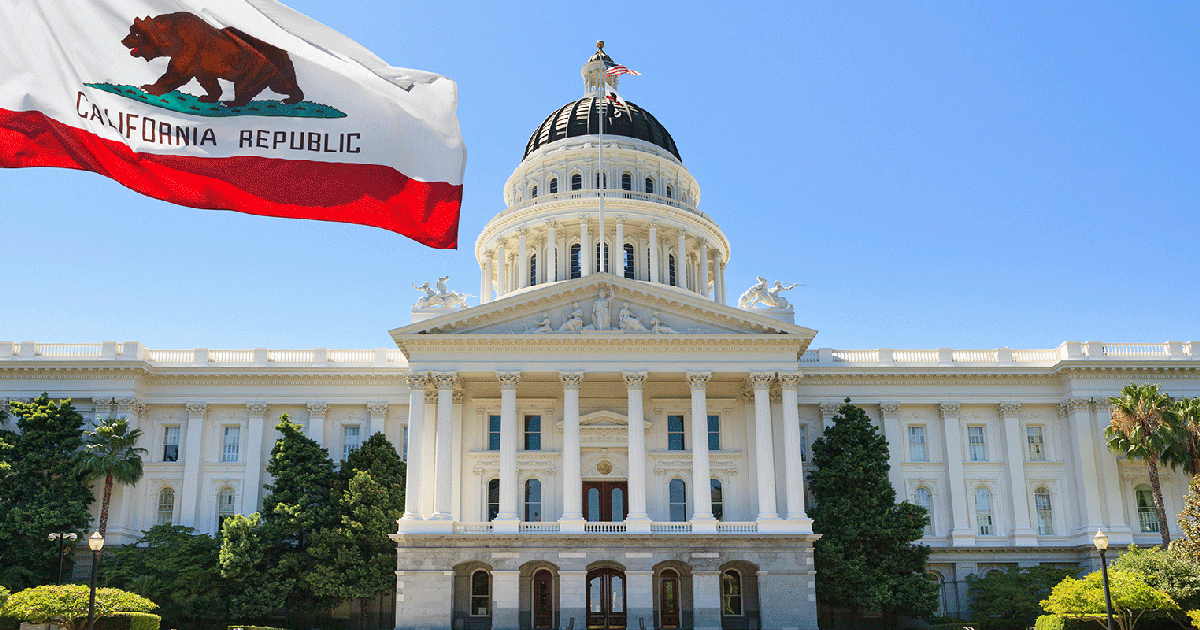
Californians rejected Proposition 32, the legislation that would have raised the state minimum wage from $16 an hour to $18 an hour by 2026 and would have been the highest minimum wage in the country.
The Associated Press called the results of the Election Day proposition vote on Tuesday night, with 50.8% of voters voting against the proposition, and the legislation failing to pass by more than 244,000 votes. Critics of the bill predicted that if it had passed, a higher minimum wage would have led to further price inflation and job cuts.
“With the economy and costs top of mind for many voters this election, that message appears to have resonated,” Jennifer Barrera, the California Chamber of Commerce president and CEO, told AP News.
Without the minimum wage increase, California still has one of the highest minimum wages in the country, second only to Washington Statewhich will be at $16.66 starting Jan. 1, California’s minimum wage has also doubled since 2010, and it was the first state to reach the $15 threshold (a notable goal for many years, as in the “Fight for $15” fast-food worker protests from more than a decade ago).
California is the only state with a separate minimum wage just for fast-food workers. After the passage of AB 1228 in fall 2023, the minimum wage for most fast-food workers increased to $20 an hour on April 1In June, Placer.ai noted that higher statewide menu price increases in response to the new legislation had led to a dip in traffic. By August, Revenue Management Solutions found that restaurant traffic had declined by nearly 6% in California, at a much faster clip than the rest of the country, on average.
While proponents of minimum wage growth argue that when lower wage workers earn more, they can spend more, which will stimulate the economy, experts believe that voters were just pushed too far this time around, and that price inflation was a top-of-mind issue for many people.
“It is certainly sending a message that Californians across the political spectrum are fed up with higher costs and greater uncertainty on Main Street,” John Kabateck, state director of the National Federation of Independent Business, told The Los Angeles Times.
Other minimum wage legislation results around the country were mixed this Election Day. Alaska voted in favor of raising the minimum wage to $15 an hour, while Missouri voted against raising the minimum wage to $15 an hour.
Contact Joanna at [email protected]







